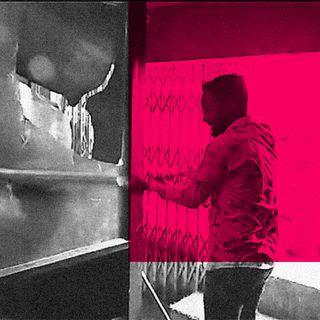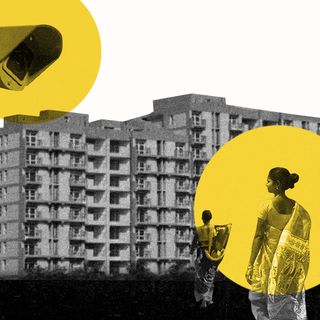Inter-caste marriages could reduce communal tensions, the Supreme Court said last week — reiterating existing protections afforded to adults to choose their own life partners, in a society reeling with communal hatred.
The judgment followed a petition filed before the court by Laxmibai Chandaragi, who had left her parents’ home in Karnataka without their consent, traveled to Delhi, and married her now-husband — who is from a different caste. This led to her parents filing an FIR at their local police station reporting that their daughter was missing. Subsequently, Chandaragi had to send her marriage certificate to the investigating officers, and confirm that she had chosen to get married of her own volition. The police, however, continued to insist that she visit the local police station in Karnataka to record her statement. When she refused — on account of being scared of visiting the district where her relatives (who had already threatened her) dwelt –, the police further threatened to file a case of theft against her and kidnapping against her husband.
The bench, comprising Justice Sanjay Kishan Kaul and Justice Hrishikesh Roy, quashed the FIR.
In addition, the judges said the trend of “educated [youngsters]” choosing their life partners outside the bounds of caste and community is not only a “departure from the earlier norms of society,” but may also help ease caste and communal tensions through matrimonial integration. In fact, government schemes like the “Dr. Ambedkar Scheme for Social Integration,” already exist to incentivize inter-caste marriages, in a bid to reduce caste-based prejudices.
Additionally, experts also opine that it is genetically healthier to marry outside one’s community to prevent gene pools from shrinking further.
At this juncture, where the friction between different communities and religions is so high that people don’t hesitate to kill their own family members for not being endogamous or force companies to withdraw ads for even portraying inter-faith marriages — the court’s vision for society, while desirable, might still be a long way ahead. And until that is achieved, “these youngsters face threats from the elders” and courts have to “[come] to the aid,” the bench observed.
Related on The Swaddle:
Pyaar Aur Parivartan — Two Interfaith Love Stories From Bundelkhand
Moreover, “intimacies of marriage lie within a core zone of privacy, which is inviolable and even matters of faith would have the least effect on them,” the bench held.
Reiterating past judgments on the subject, the court held that the consent of families, communities, or clans is not necessary for two consenting adults to get married. The choice of an individual, on whether or not to marry, “is not expected to succumb to the concept of ‘class honor’ or ‘group thinking,'” the bench held.
The court pointed out that its intervention wouldn’t have been required at all had the police conducted itself “more responsibly,” stating: “We strongly deprecate the conduct of the [investigating officer] in adopting these tactics [of threatening the couple], and the officer must be sent for counseling as to how to manage such cases,” the bench stated.
To prevent similar instances from taking place in the future, the court directed the police to devise guidelines and training programs for its personnel on handling such socially-sensitive cases — within the next eight weeks.
Concluding the judgment, the bench expressed hope that the petitioner’s parents would have the “better sense to accept the marriage and re-establish social interaction” with the petitioner and her husband. “Under the garb of caste and community, to alienate the child and the son-in-law will hardly be a desirable social exercise,” the bench noted, adding, “That, in our view, is the only way forward.”




